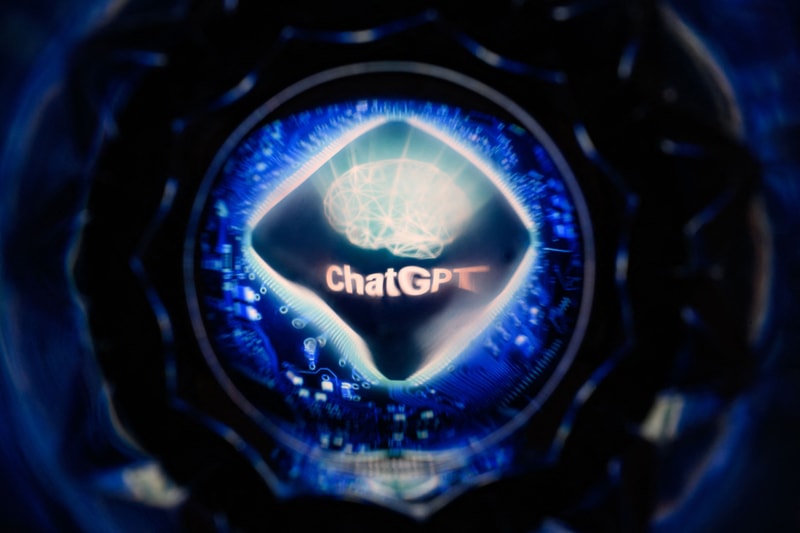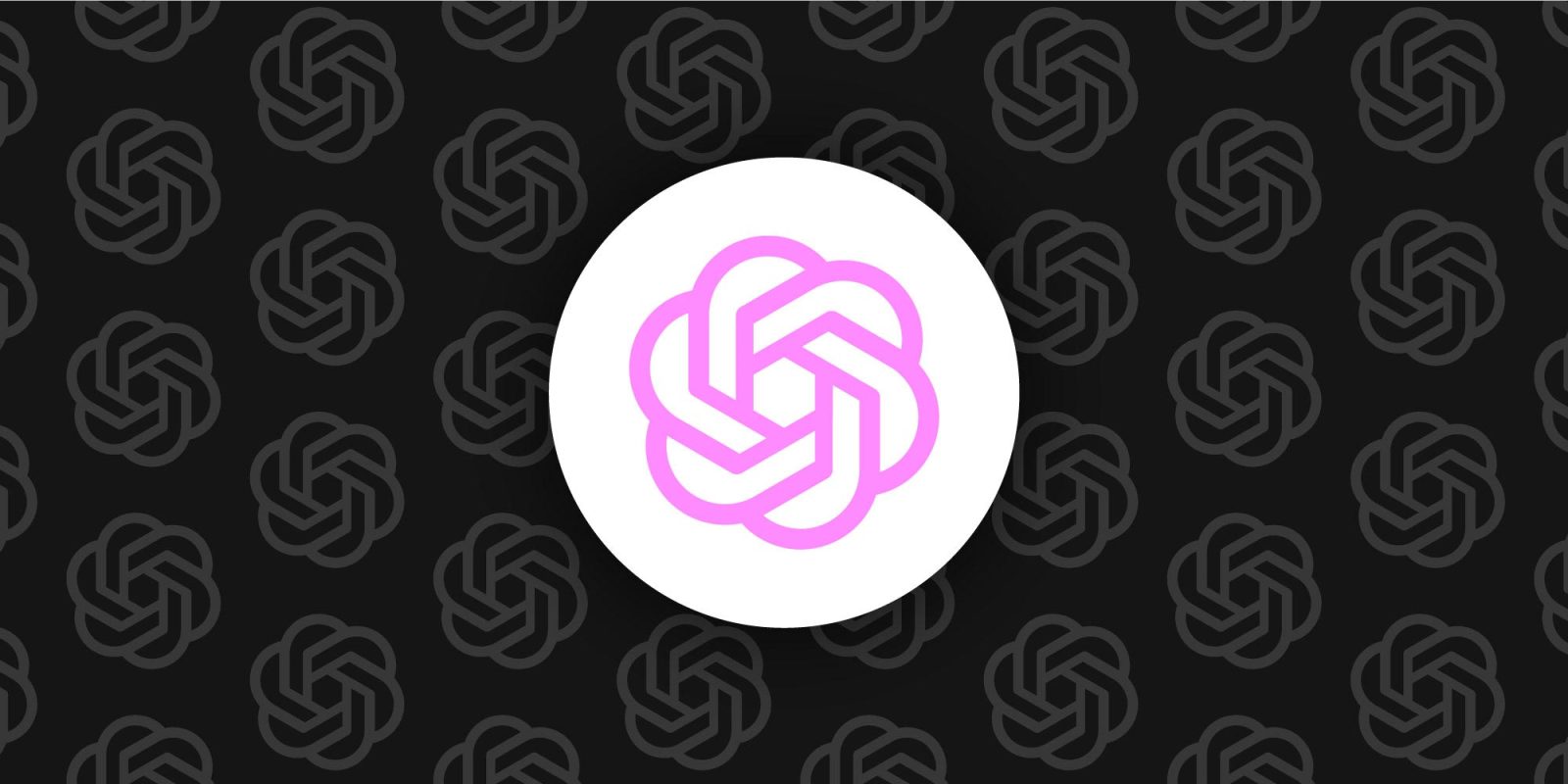ChatGPT, OpenAI’s viral conversational AI chatbot, has reached 100 million weekly active users less than a year after its public launch, OpenAI CEO Sam Altman announced this week. The milestone comes as OpenAI held its first-ever developer conference, where it unveiled a slew of new features and capabilities aimed at expanding ChatGPT’s usefulness.
 Launched in November 2022, ChatGPT immediately captured the public’s imagination with its ability to hold natural conversations and generate human-like text on virtually any topic. It became the fastest consumer app in history to reach 100 million monthly users, hitting that mark within just two months. Now, less than 12 months since its release, over 100 million people are interacting with ChatGPT weekly.
Launched in November 2022, ChatGPT immediately captured the public’s imagination with its ability to hold natural conversations and generate human-like text on virtually any topic. It became the fastest consumer app in history to reach 100 million monthly users, hitting that mark within just two months. Now, less than 12 months since its release, over 100 million people are interacting with ChatGPT weekly.
The runaway success has ignited massive interest from the developer community. OpenAI revealed at its developer conference that over 2 million developers are now building applications and services powered by its AI models. This includes integrations by over 92% of Fortune 500 companies that are leveraging OpenAI technology like ChatGPT for use cases such as customer service chatbots, marketing content generation, and coding assistants.
Fueling ChatGPT’s Growth with New Capabilities To further expand ChatGPT’s capabilities and usefulness, OpenAI announced several major new offerings at its inaugural developer conference:
OpenAI’s GPT-4 Turbo
This is an upgraded version of OpenAI’s foundational GPT-4 language model that powers ChatGPT. GPT-4 Turbo has been updated with current events knowledge up through April 2023 and can handle longer prompts equivalent to over 300 pages of text. Importantly, it is also 3x more affordable for developers to leverage compared to the original GPT-4. The lower cost should lead to wider adoption across more applications.
GPTs
GPTs enable anyone to easily build customized versions of ChatGPT enhanced with specialized instructions, knowledge, and skills tailored to specific use cases. For instance, developers could create a “Creative Writing Coach” GPT to help aspiring authors brainstorm ideas and improve their craft. Or an “IT Help Desk” GPT could be built to troubleshoot common tech problems. GPTs require no coding experience to build and can be shared publicly via OpenAI’s new GPT Store.
Assistants API
This new API allows developers to imbue apps and services with an “assistant-like” experience powered by OpenAI models. For example, an e-commerce app could have an AI shopping assistant that answers product questions and makes recommendations using ChatGPT-like capabilities. The Assistants API provides easy access to generative AI functions like semantic search, text generation, speech-to-text, and more.
Text-to-Speech API
:format(webp)/cdn.vox-cdn.com/uploads/chorus_asset/file/16019274/acastro_181017_1777_brain_ai_0003.jpg) The new text-to-speech API offers six different voices to choose from along with two different AI models for converting text into natural-sounding speech. This will enable more human-like voice interfaces and audio experiences across applications built on OpenAI technology.
The new text-to-speech API offers six different voices to choose from along with two different AI models for converting text into natural-sounding speech. This will enable more human-like voice interfaces and audio experiences across applications built on OpenAI technology.
The slate of new tools gives developers greater access and flexibility for harnessing OpenAI’s powerful AI models like GPT-4 and DALL-E. With ChatGPT already excelling at text generation, the new speech and vision APIs open up more modality options for creating intelligent assistants and immersive user experiences.
ChatGPT Marketplace and Ecosystem
To further support third-party development, OpenAI revealed that later this month it will launch a “GPT Store” marketplace where developers can publish their own customized GPT chatbots and potentially monetize them. This will foster a new ecosystem of AI-powered bots tailored for specific niches, topics, and verticals.
 The marketplace launch will build on OpenAI’s existing developer platform where over 2 million devs are actively building with its models. Enabling community-created chatbots represents the next phase in scaling first-party experiences powered by generative AI.
The marketplace launch will build on OpenAI’s existing developer platform where over 2 million devs are actively building with its models. Enabling community-created chatbots represents the next phase in scaling first-party experiences powered by generative AI.
All signs point to continued momentum and growth in both users and capabilities for ChatGPT. The 100 million weekly active user metric is an astonishing achievement for an AI system less than a year old. And OpenAI’s expanding toolkit gives developers new options for unleashing ChatGPT and its underlying models. With the forthcoming GPT Store set to tap the creativity of its developer community, ChatGPT seems poised to become an integral part of the technology landscape.












Comments 1